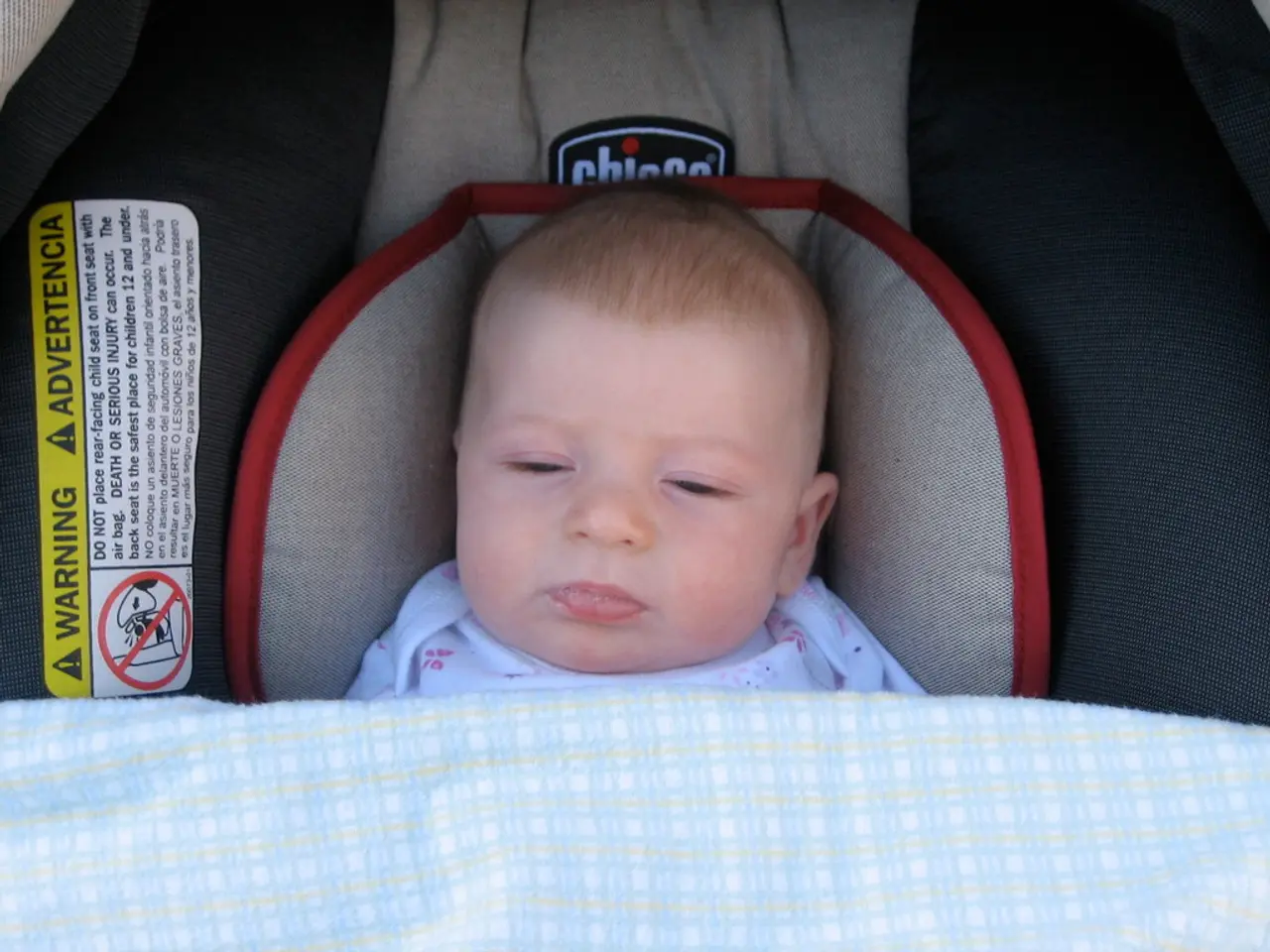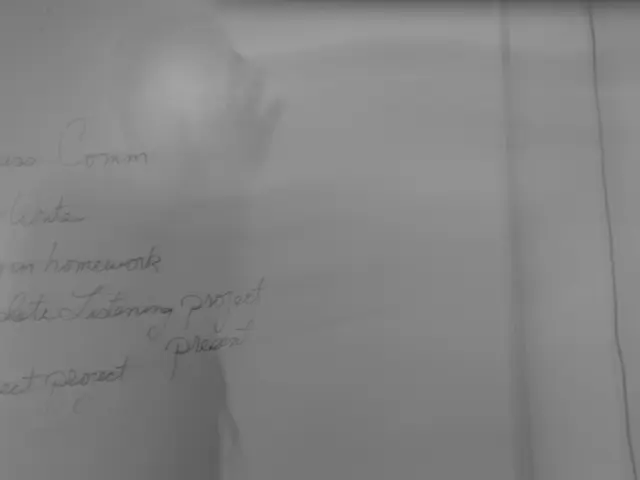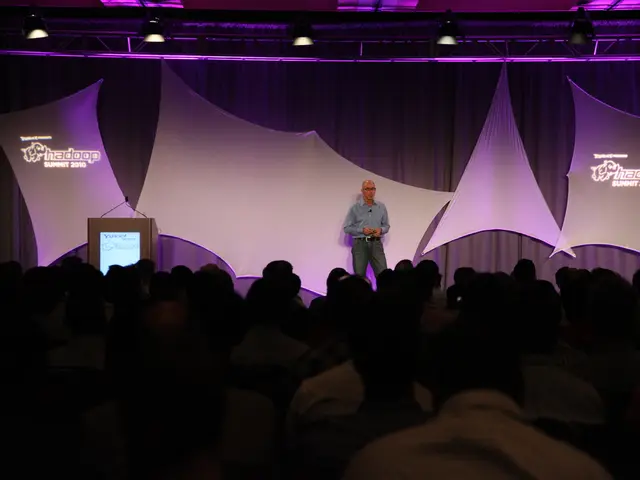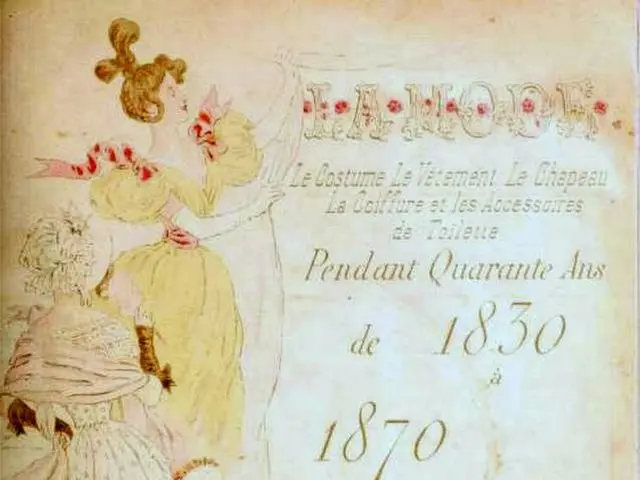Subsidies for births set to commence from January 1st
In a significant move to support families struggling with infertility, the Executive Yuan of Taiwan has announced a revised fertility subsidy policy. The changes aim to encourage couples to seek medical help at an earlier age and make the most of the available resources.
Under the new policy, women aged 39 or younger will now be eligible for higher subsidies for artificial insemination. The subsidy for the first attempt has been increased to NT$150,000, while the subsidies for the second and third attempts will increase to NT$100,000 each. This is in recognition of the fact that fertility and success rates of such treatments are generally higher at younger ages, making the investment more effective and efficient compared to women aged 40 and above.
For women aged 39 to 44, subsidies for three attempts are available, with amounts varying by attempt. Subsidies for attempts No. 4 to 6 will remain at NT$60,000.
To further encourage early intervention, women aged 39 or younger must have one fertilized embryo implanted per attempt to be eligible for subsidies. In contrast, women aged 40 or older may have two fertilized embryos implanted per attempt to be eligible for subsidies.
In addition, the age ceiling for women to undergo government-funded artificial fertilization has been lowered to 39. The policy also subsidizes cryopreservation for women aged 28 to 30.
Low-to-middle-income families will continue to be eligible for the maximum NT$150,000 subsidies for their fertility treatments.
The decision to prioritize those aged 39 and younger is part of a broader effort to encourage couples in need to seek medical help at an earlier age, potentially improving their chances of success and reducing the emotional and financial strain associated with infertility treatments.
Read also:
- "Grave food crisis and numerous casualties": United Nations labels Israel's actions in Gaza as genocide
- Trump Experiences Difficulty in Ambulating During Alaska Meeting With Putin
- Rise in Fatalities Among Italian Police Officers Following Vaccination Prompts Union Concerns
- Implications of Reversing Roe v. Wade Decision on Abortion Legislation








